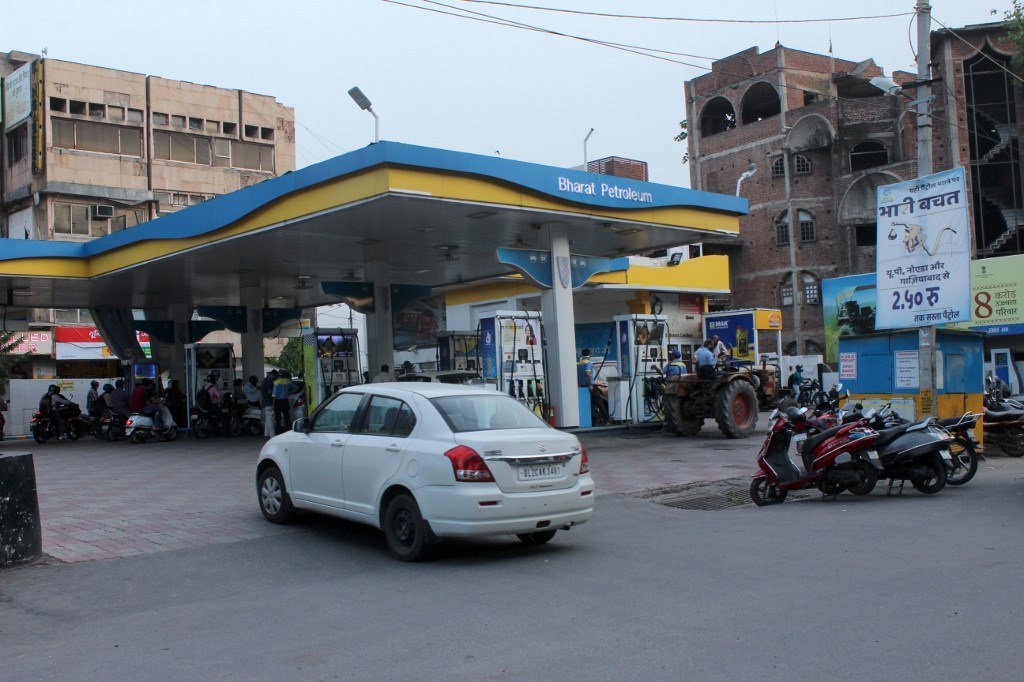[ad_1]
Gasoline and diesel in India are now selling at record highs after their prices rose for the ninth consecutive day on Wednesday. For the first time, the price of regular petrol has crossed the psychological barrier of 100 rupees (US£1,37) a liter in some parts of the country, with more than half of it comprising taxes.
Fuel prices vary from state to state depending on the local taxes and freight charges. On Wednesday, gasoline was selling at 100.13 rupees in Rajasthan state, which levies the highest value-added tax (36%) on the fuel in the country. Diesel was selling at 92.13 a liter in the state.
The price of branded or additive-laced petrol, which attracts higher taxes, has already crossed the 100-rupee mark in Maharashtra, Madhya Pradesh and Rajasthan states.
In nine straight days, prices have gone up by 2.59 rupees per liter for petrol and 2.82 rupees per liter for diesel. This year, gasoline and diesel prices have been hiked 21 times so far and since January 6 the retail prices of petrol and diesel have gone up by 5.58 rupees and 5.83 rupees, respectively. Since mid-March last year, retail gasoline rates have risen by 19.95 rupees per liter and diesel by 17.66 rupees.
Interestingly, the federal and state taxes make up for 60% of the retail selling price of gasoline and over 54% of diesel. The federal government levies 32.90 rupees per liter of excise duty on gasoline and 31.80 rupees a liter on diesel.
Though the price of Brent crude had touched record lows last year after the Covid-19 lockdowns disrupted the global economy, it did not benefit the Indian consumer. Both the federal and state governments decided to raise taxes to shore up their revenues, which had dried up due to the near-total closure of business activities during the lockdowns. India had clamped down a countrywide lockdown on March 25 last year, to contain the spread of coronavirus, and it had remained in force for two months.
Taxes including the goods and services tax, the corporate tax and income tax inflow were down to a trickle. Revenue from liquor and petroleum was the principal income source for the government. On the other hand, the government’s healthcare and welfare expenditure went up sharply as it had to fight the pandemic and provide relief to those impacted by the lockdown. To salvage its income flow, the government raised taxes on petrol and diesel.
Now that the international crude oil prices have started rising again, it is having an adverse impact on fuel prices in India. But the government is not keen to alter the tax rates. Oil Minister Dharmendra Pradhan told Parliament last week that the government is not considering a reduction in excise duty to cool rates from their record highs.
The opposition parties have criticized the government and called for an immediate cut in taxes to ease the burden on the common man. High fuel costs are also expected to have a cascading effect on the prices of other commodities and fuel inflation.
[ad_2]
Source link










